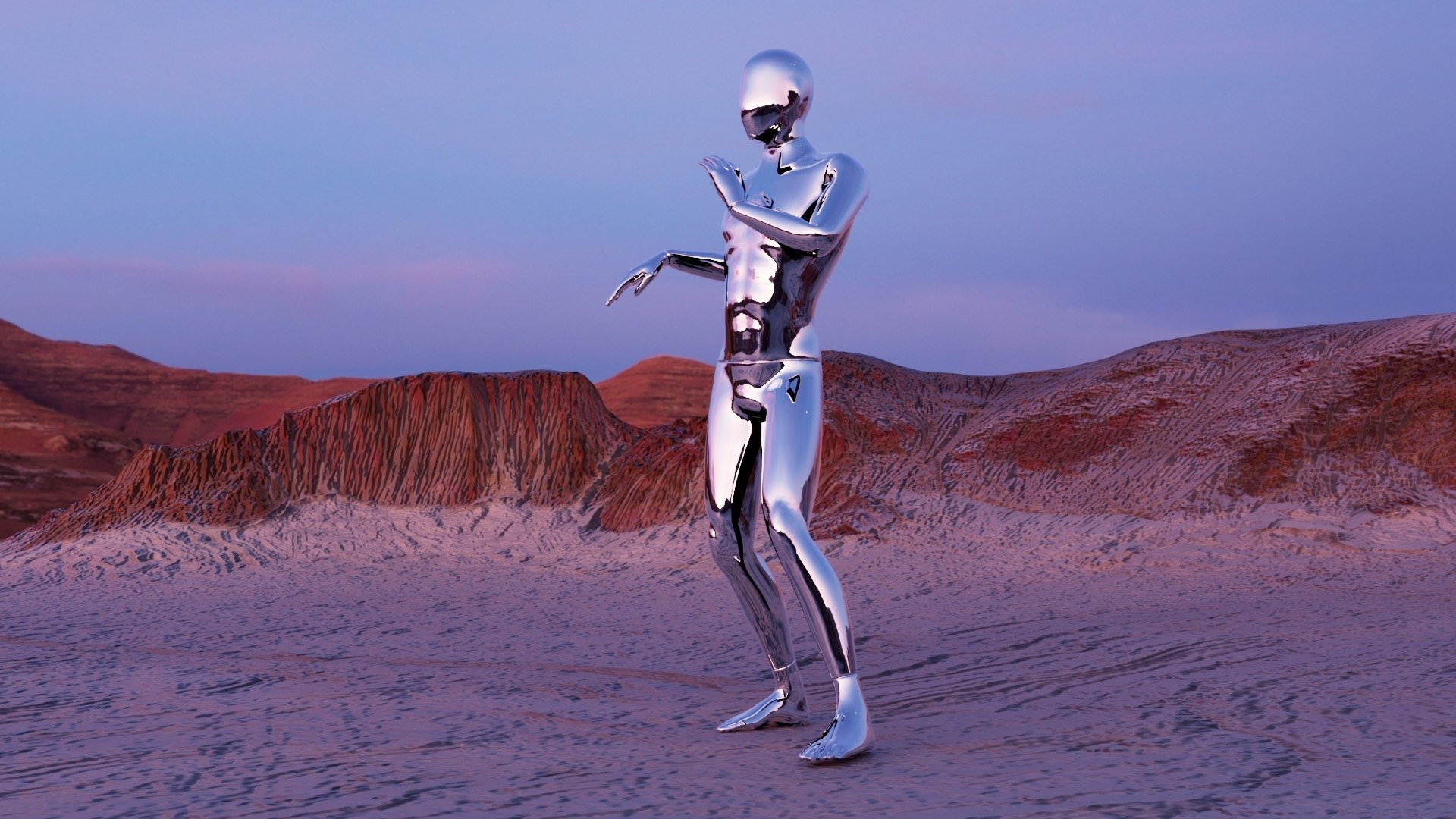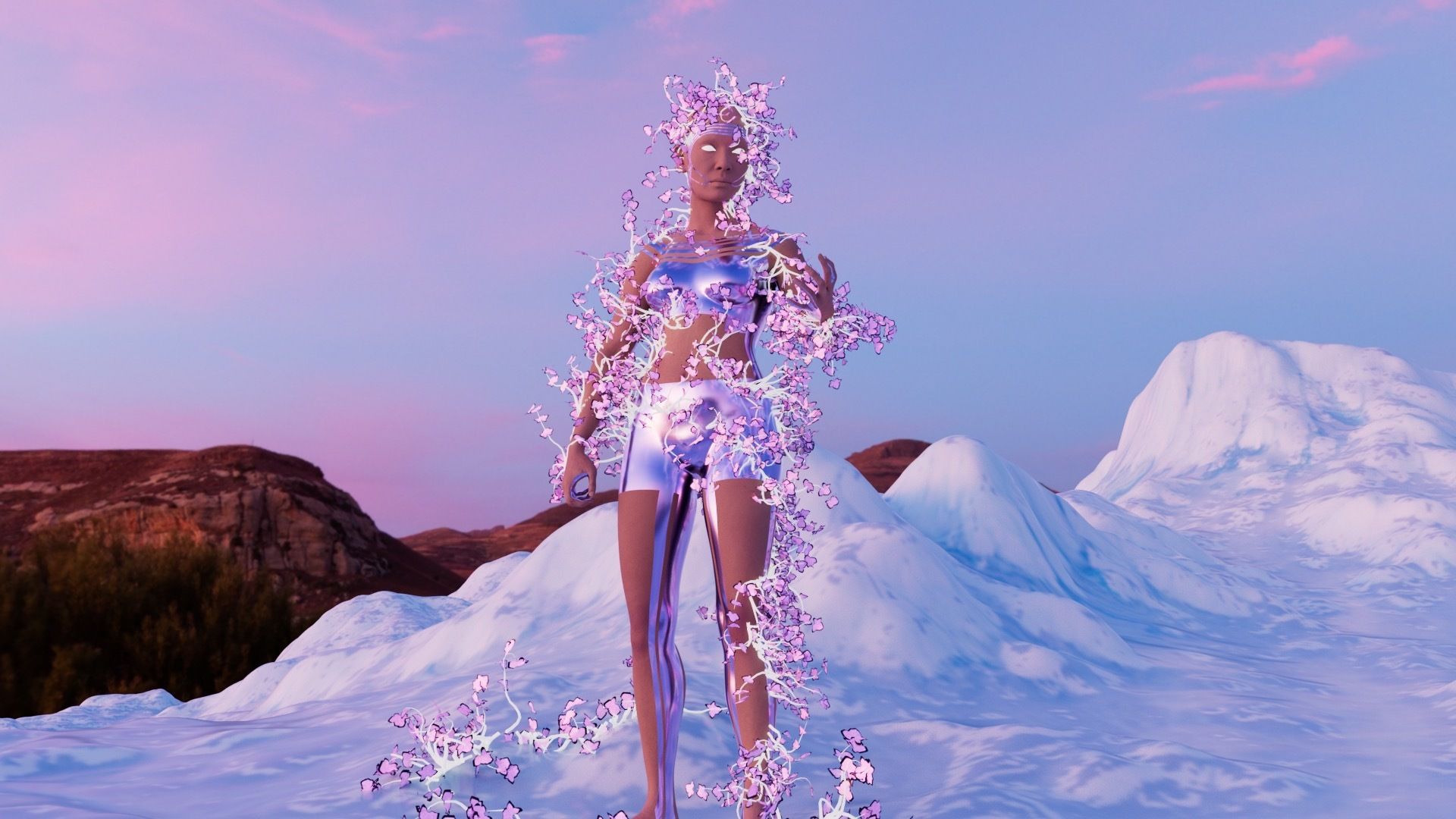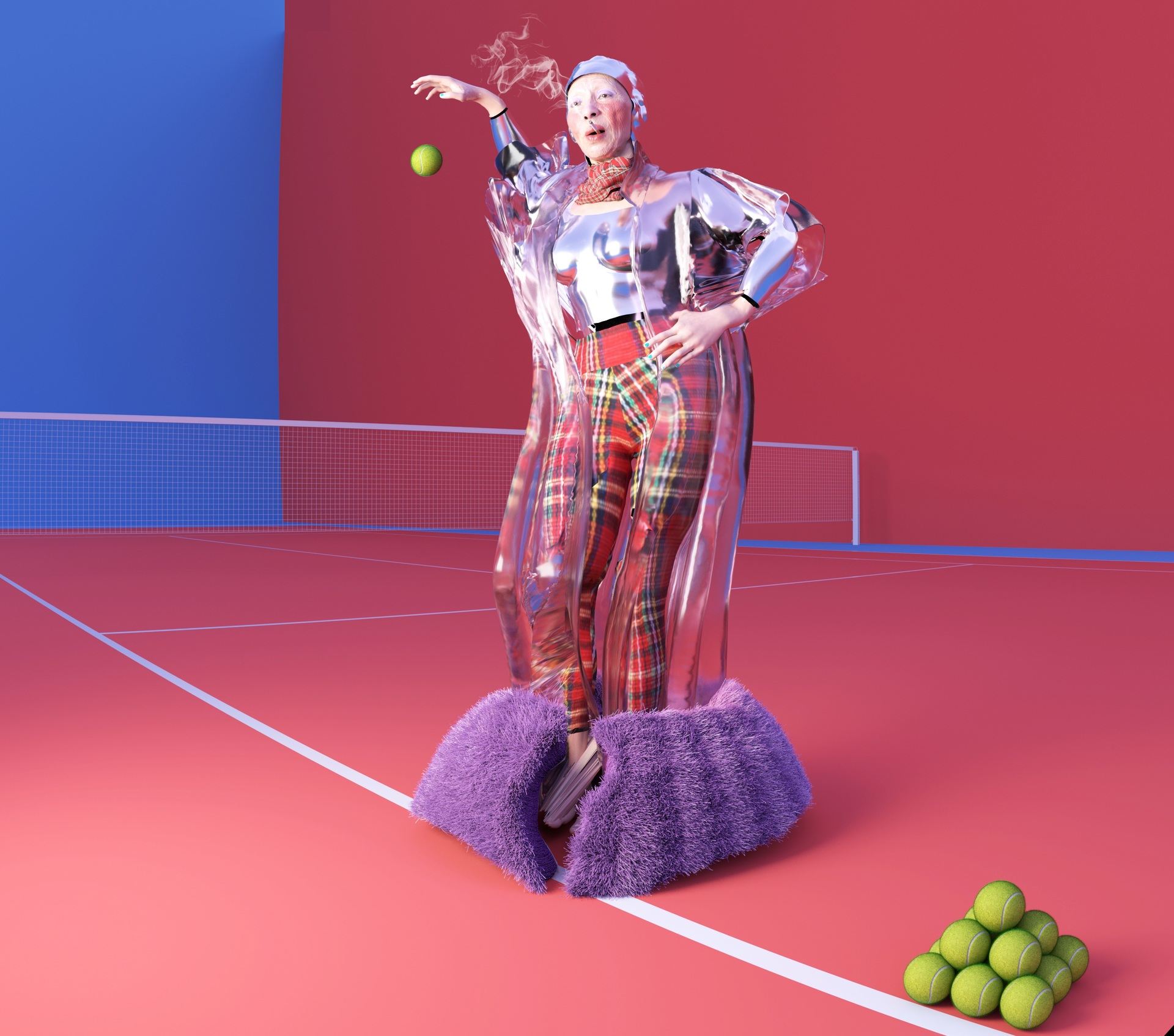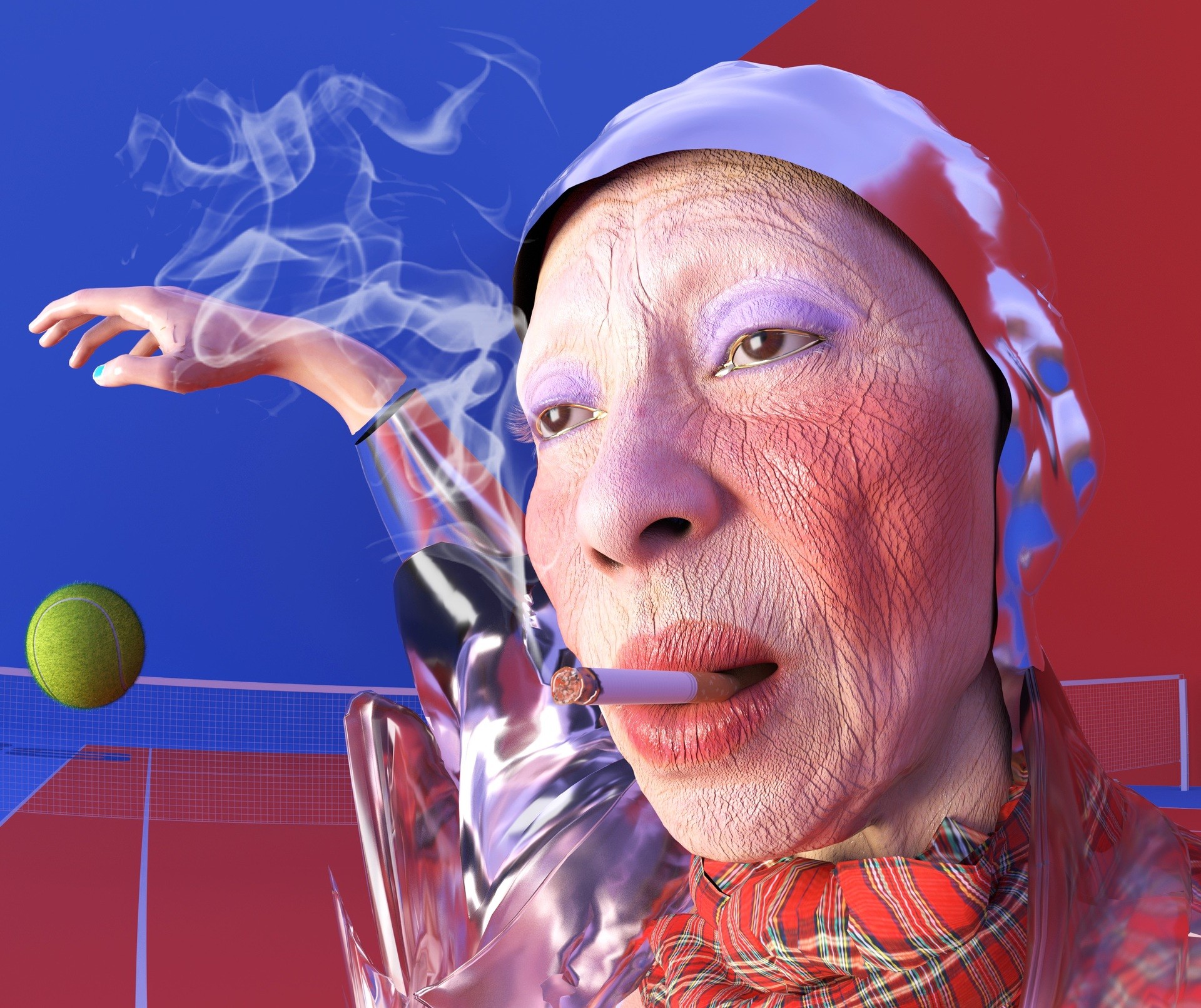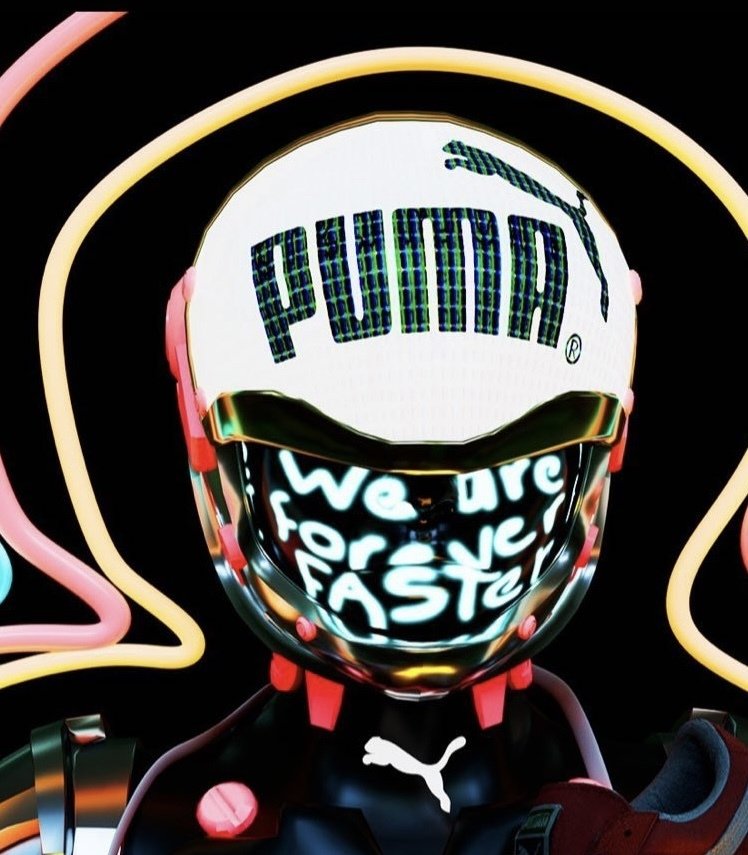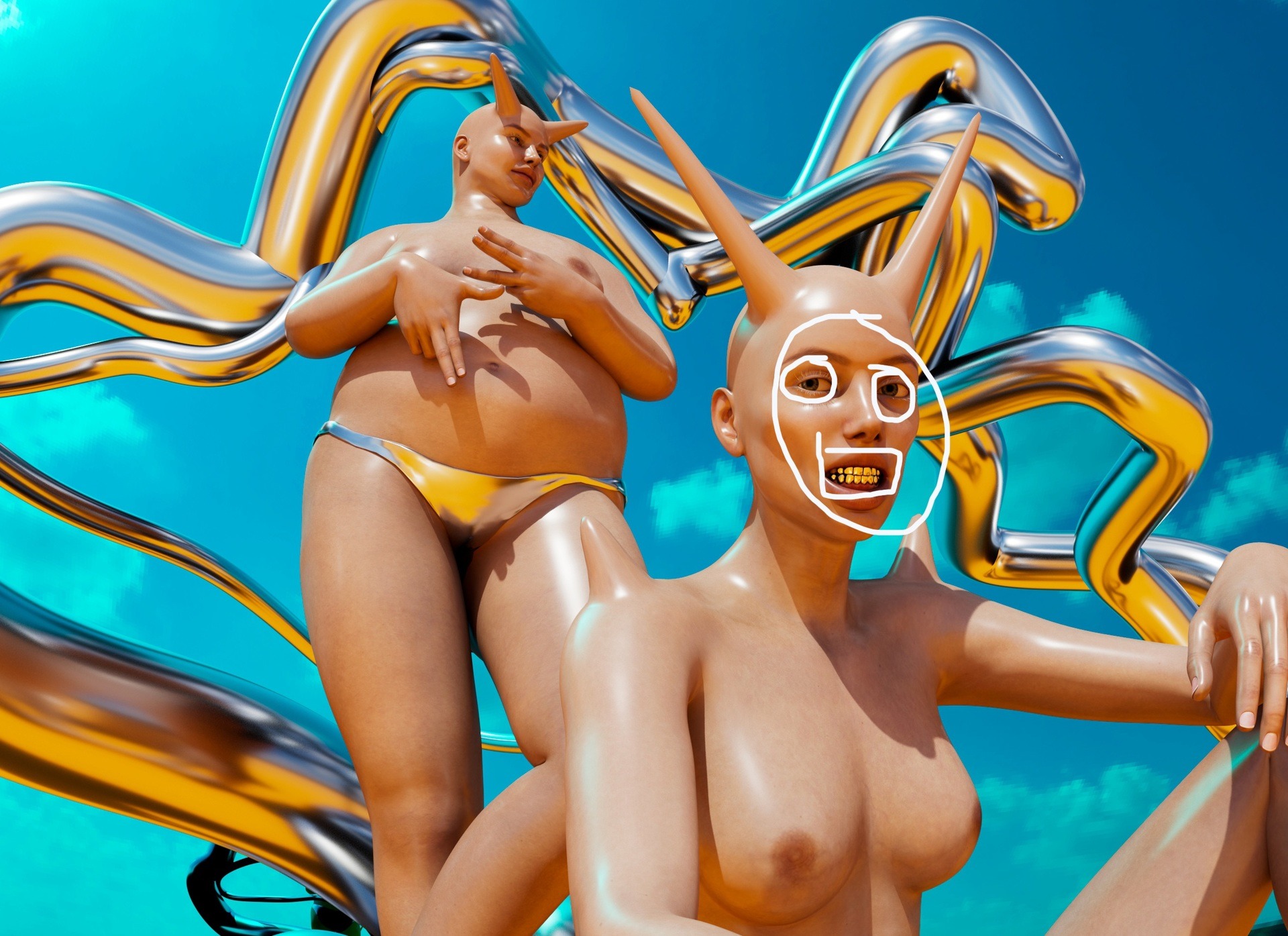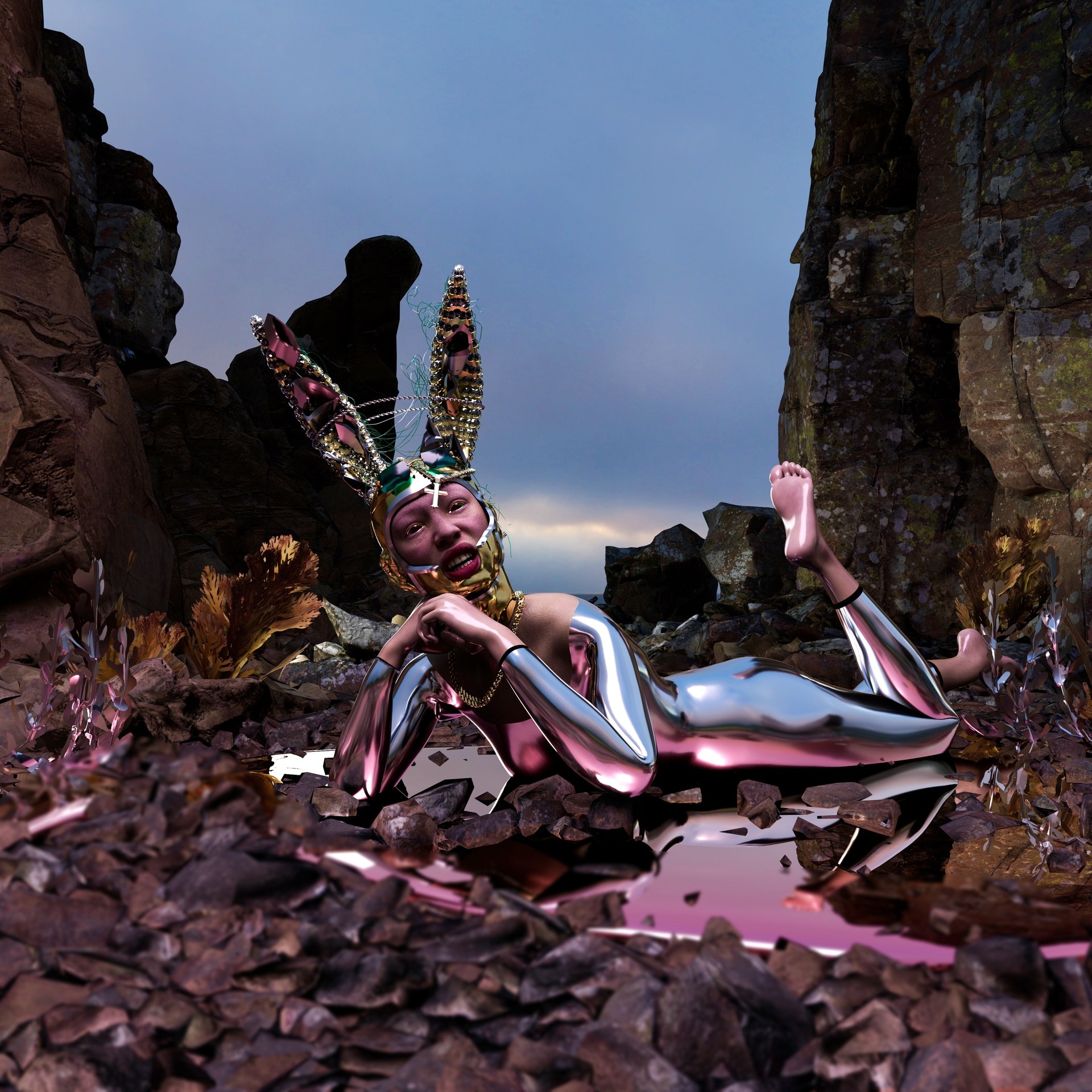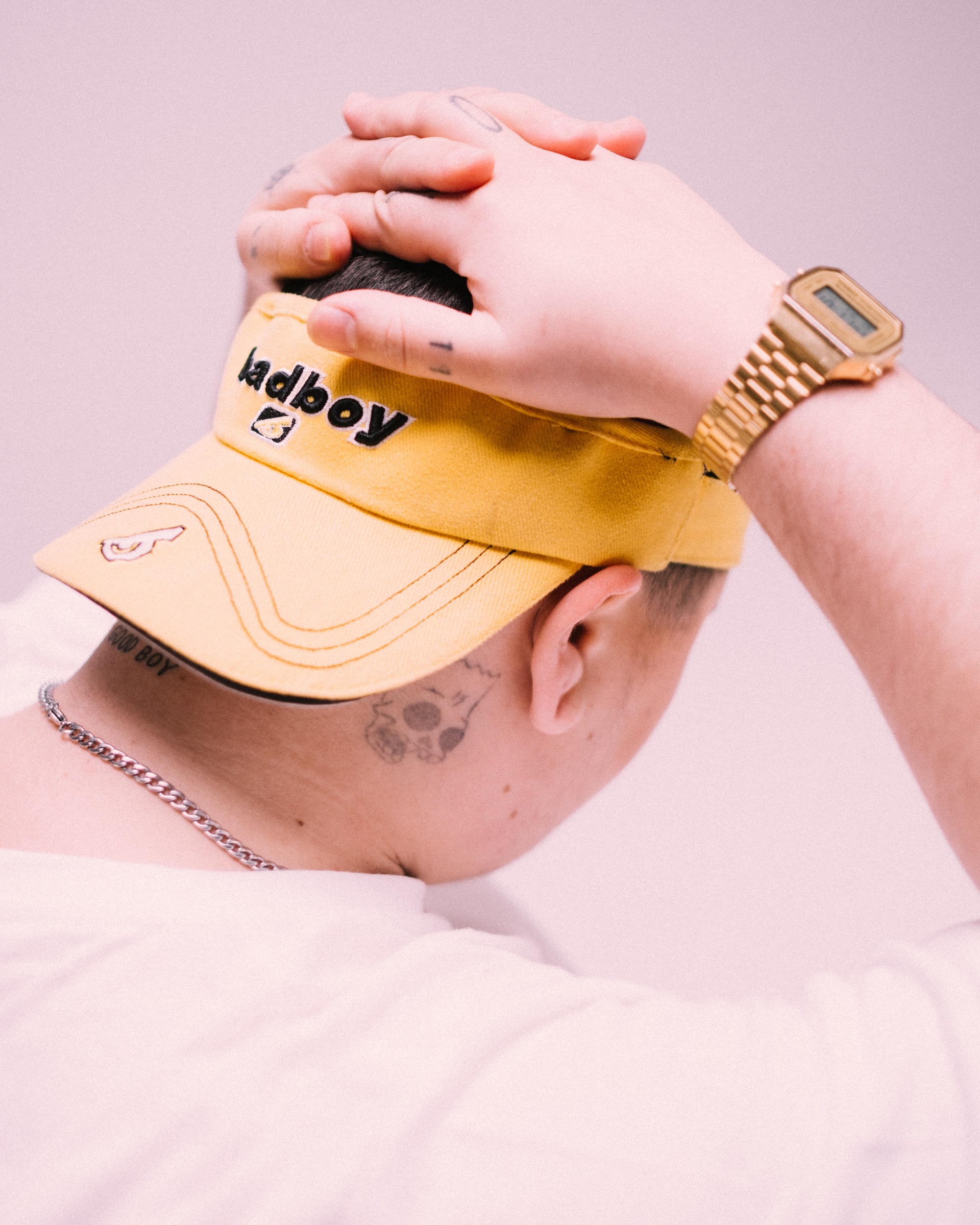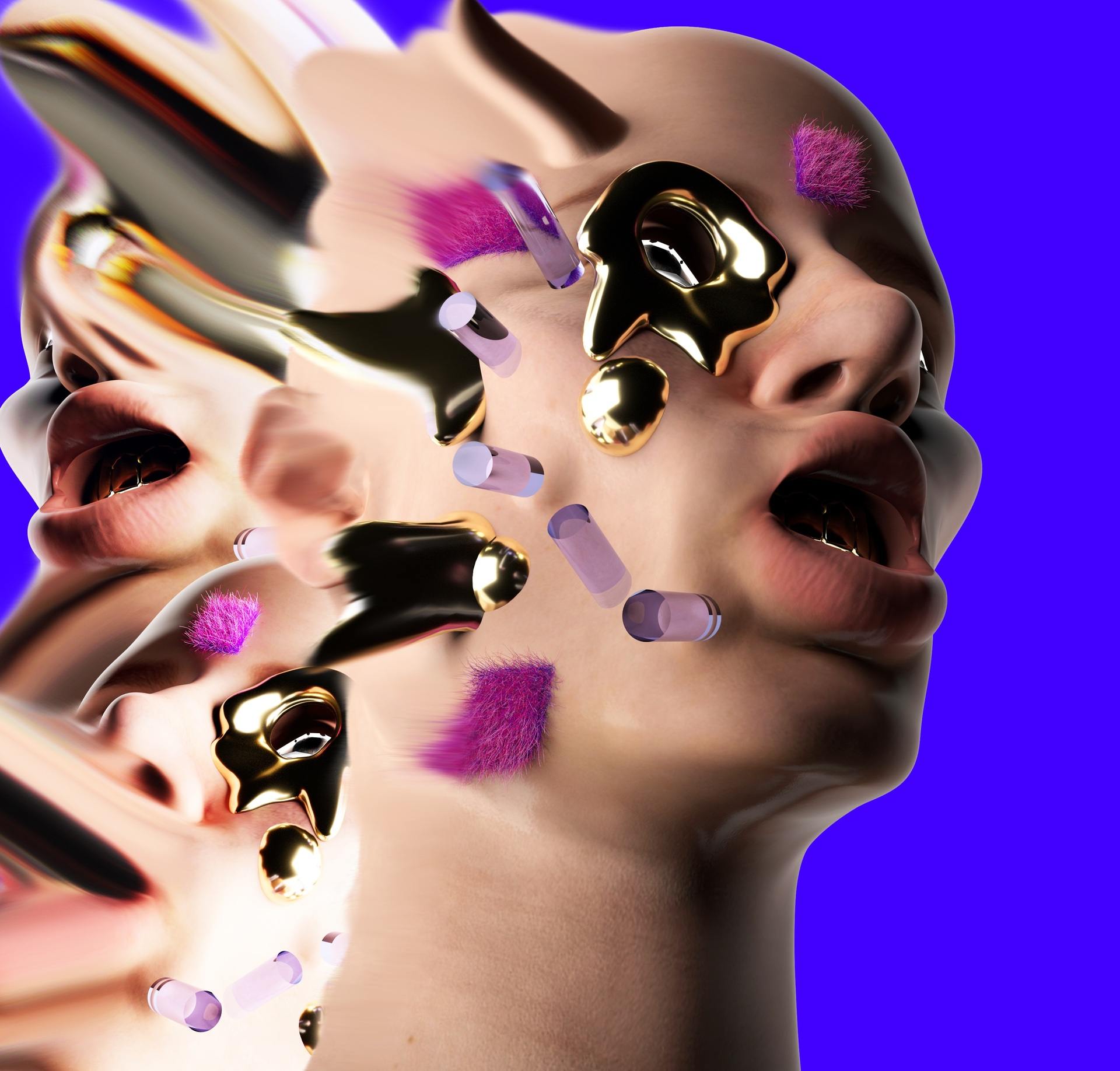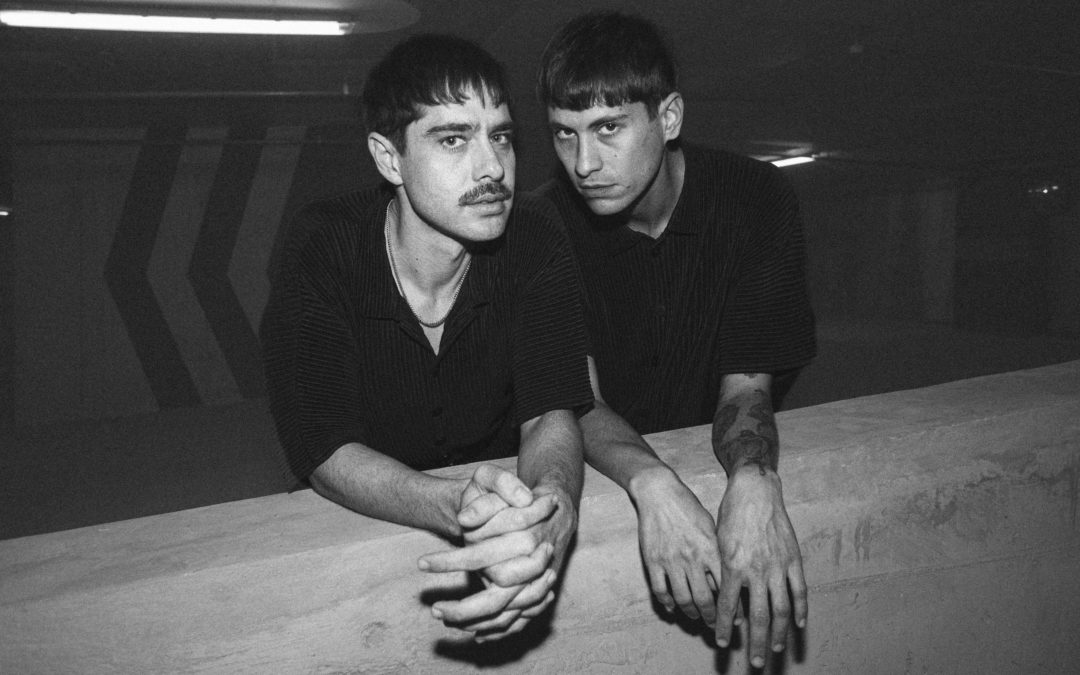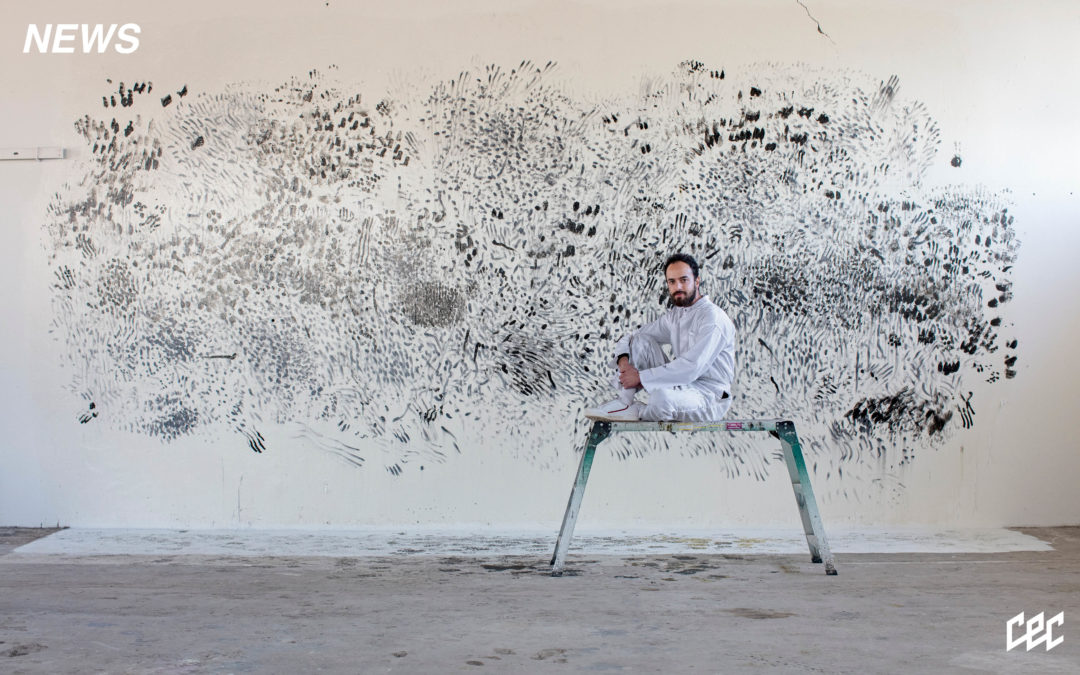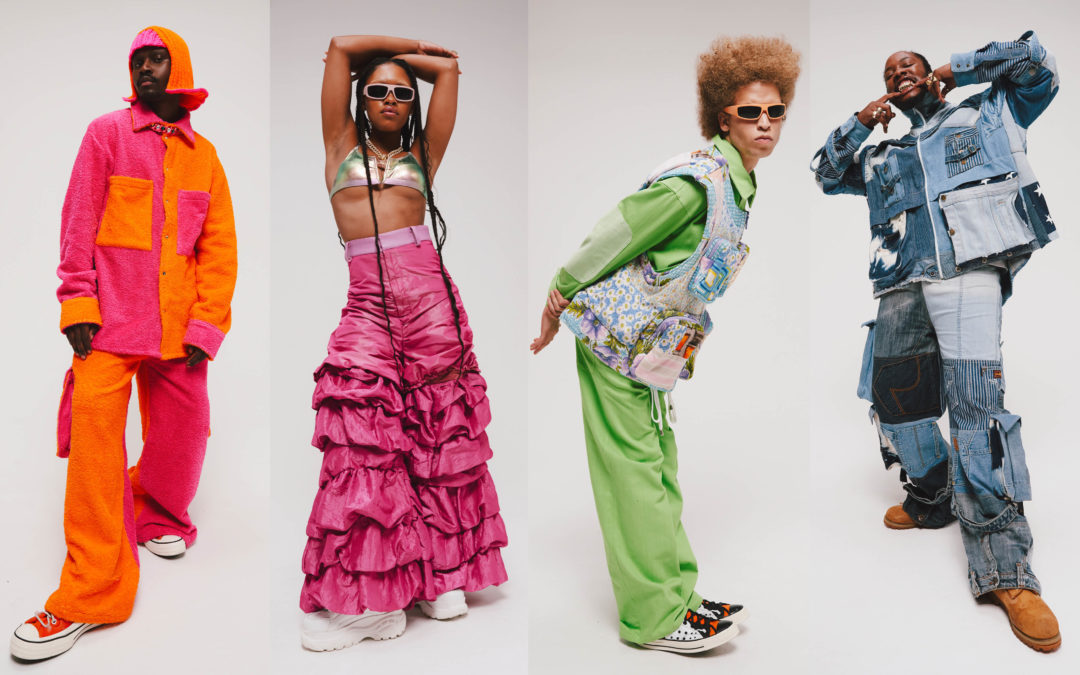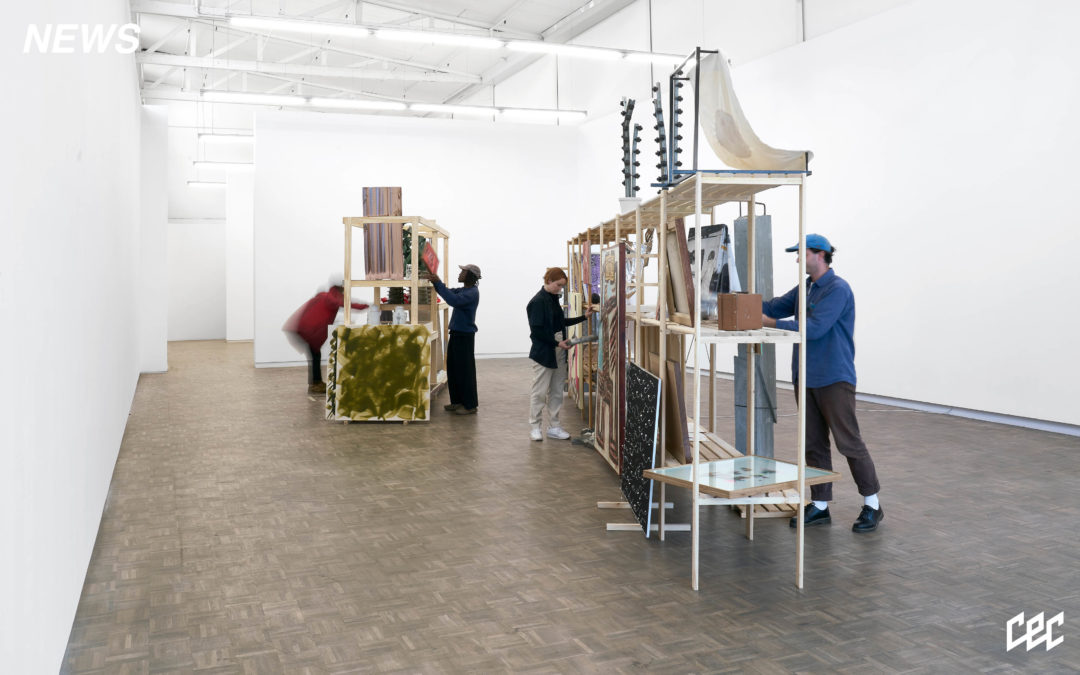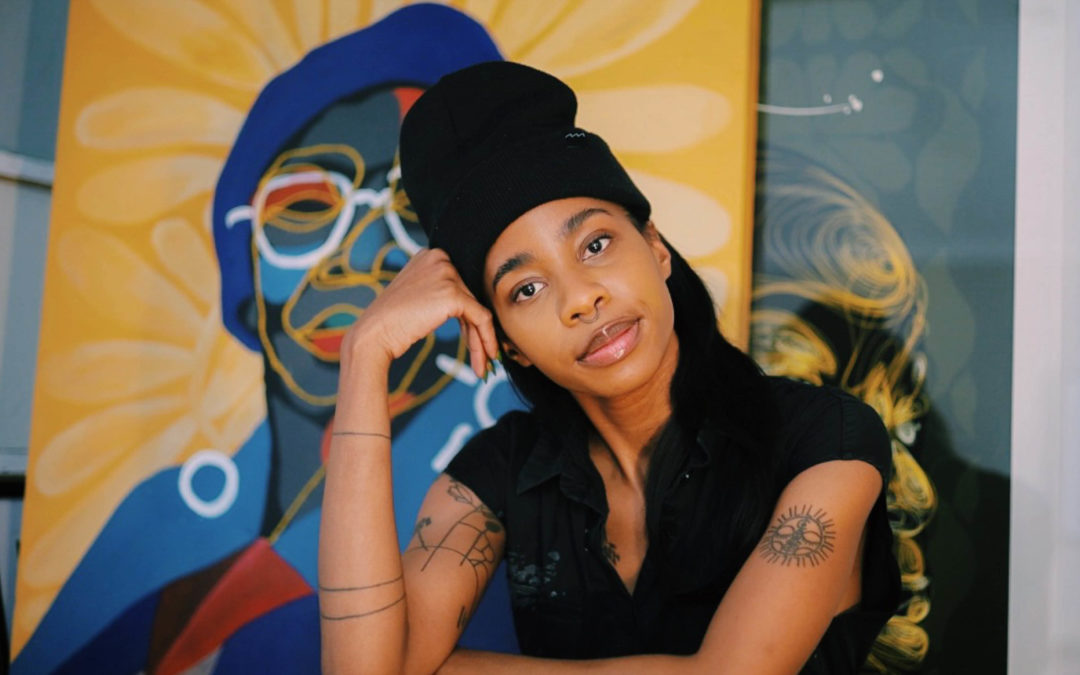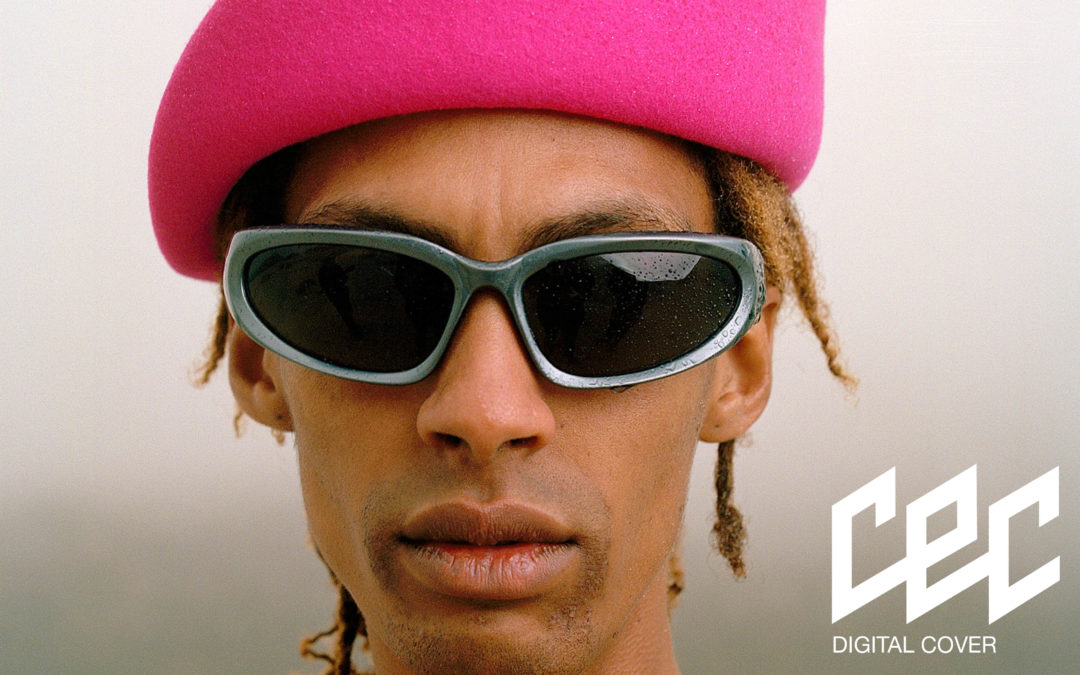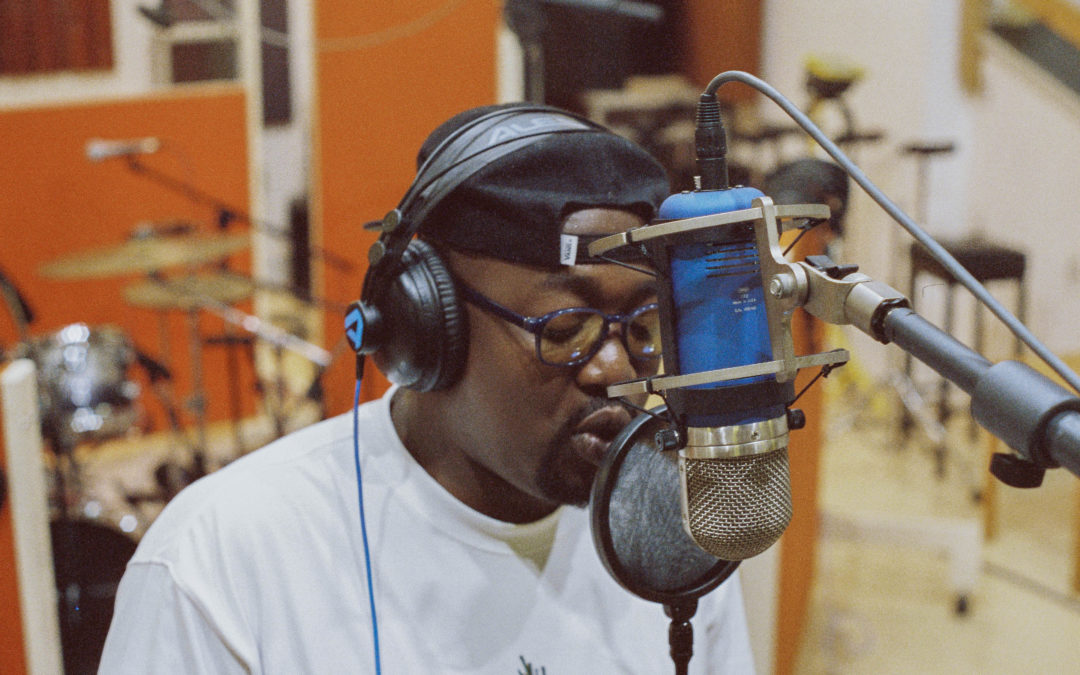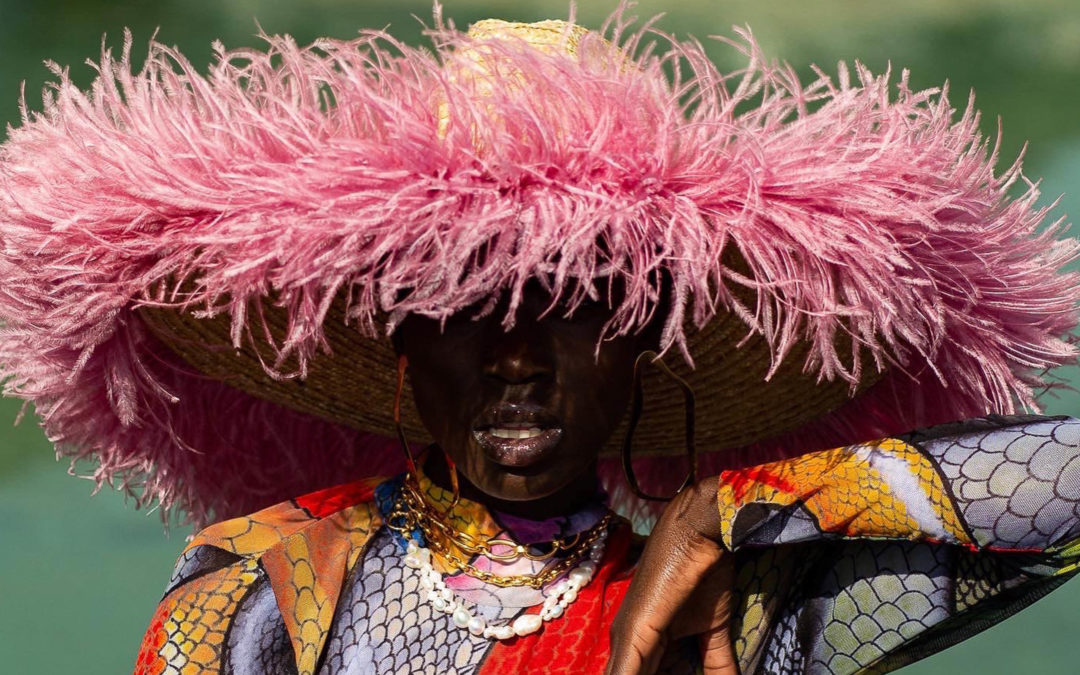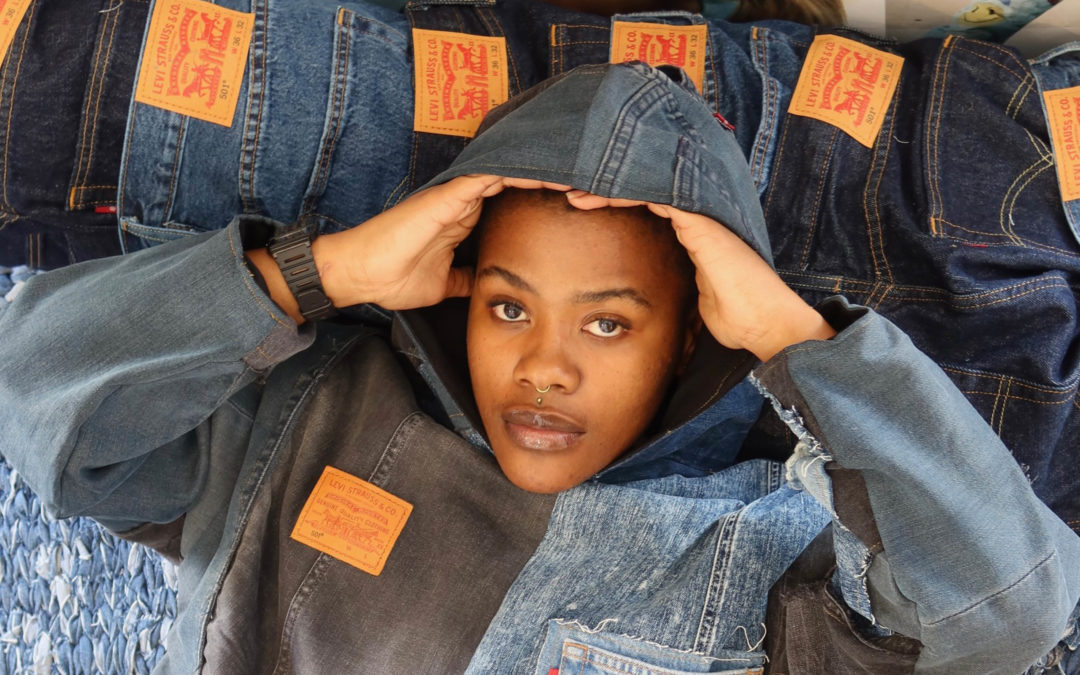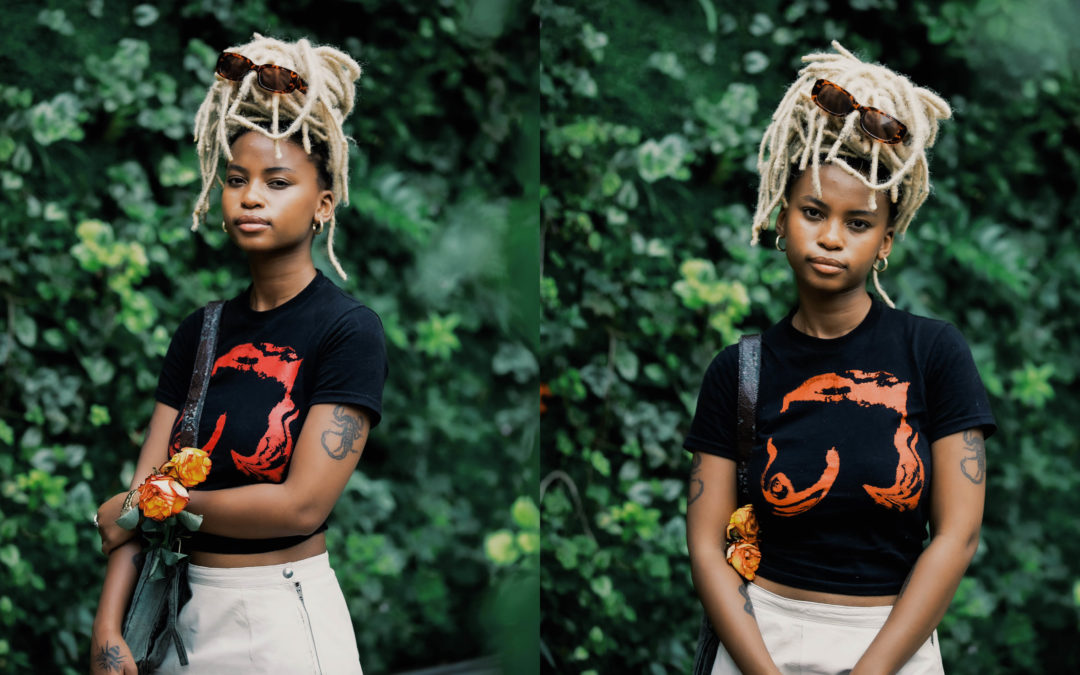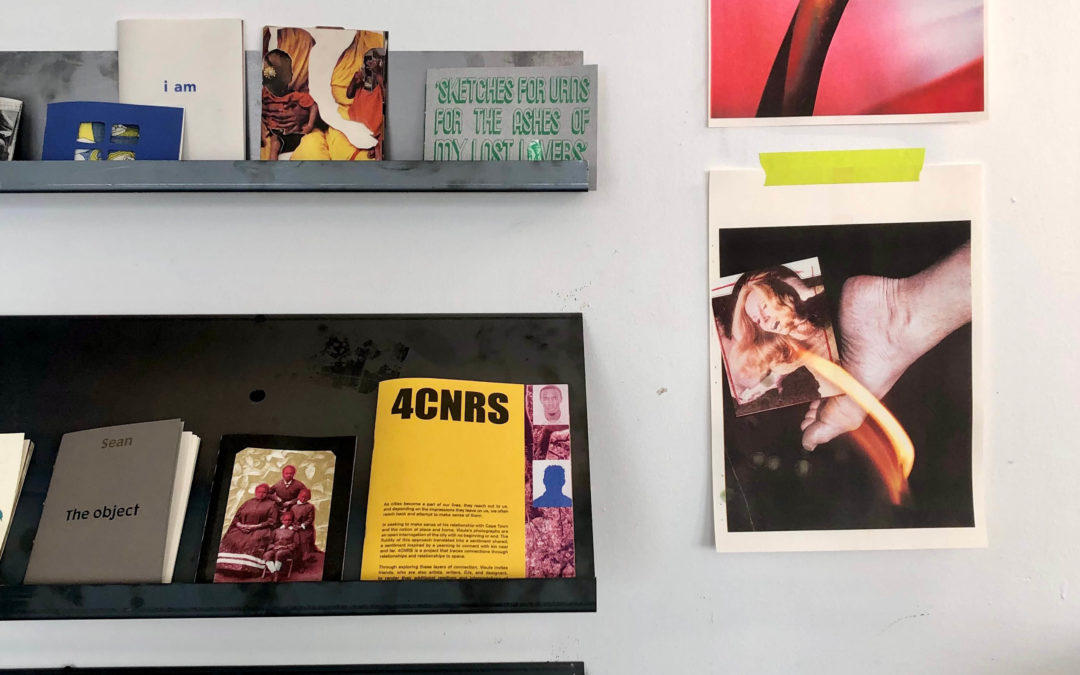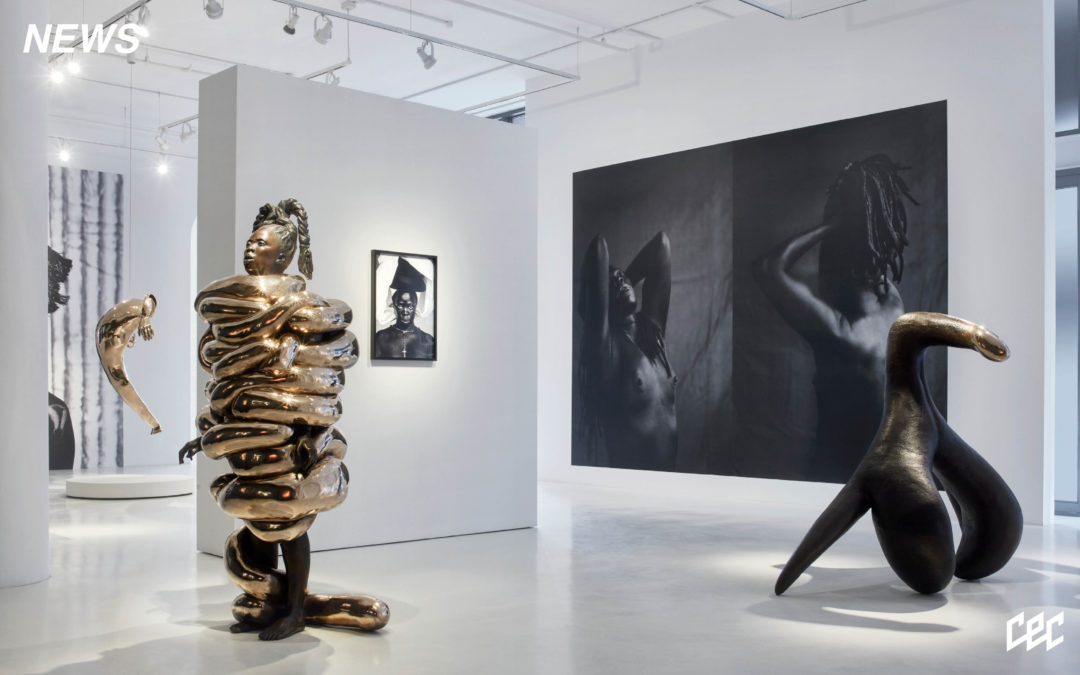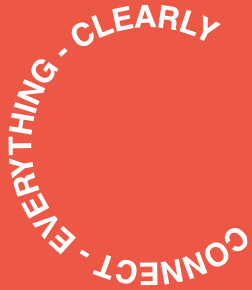Recently, I have found myself contemplating the rapid onset of the singularity. Ironically so, the very nature of this hypothetical nexus in which technology merges indecipherably with material reality, is such that once we reach it – if we haven’t, already – it would be rather difficult to determine or pinpoint its occurrence. Technically speaking, this term “singularity” refers to the uncontrollable influence that Artificial Intelligence might have on human existence – and such, the fabric of our reality. This notion has always stirred a sense of anguish in me; mostly because my knowledge of the digital realm is hugely limited, and therefore even wrapping my head around the implications of this “event” (or rather, consecutive events) feels poorly analyzed. Our global society already courts an indistinguishable and co-dependent relationship with modern technology, and it seems ridiculous to assume we might ever revert back to anything less than continual modification. Coupled with this, is the rather strange “nostalgia” many of us seem to fawn over antiquity with – “simpler times” and other such phrases get thrown around, in reference to ages in which we experienced perpetual disease and discomfort – and yes, that is a reductive take to say the least – but the point I am attempting to coax is this;
I really do not know enough to hold an informed opinion, and while Zuckerberg’s eerily embarrassing Meta rebranding does make me squirm, speaking to someone like 3D artist and motion graphic designer Oliver Hunter Pohorille (AKA Scumboy) – leaves me intrigued and hopeful for the future of digital mediums in which to relay story-telling and art.
Oliver’s work makes a stunning case for the possibilities of digital rendered landscapes. His acid-colour caricatures cut a beautiful aesthetic, which you will recognize from his IG presence (@scumboy.69) in which there seems to be a continual re-imagining of the human form, along with kaleidoscopic spaces in which these figures exist. This is the type of meta-verse I am into – it’s interesting, and if we are abandoning material reality, why would we go with Zuck’s corporate vitriol?
To merge the etheric with the disturbing, and deliver it through a framework as technically challenging as 3D animation is startling. Recently, Oliver’s was approached by legendary Spanish luxury brand – Paco Rabanne – as part of the launch of their latest fragrance “Phantom”. Before I elucidate the crazy-cutting-edge nature of this release, noting this collaboration is rather symbolic. Paco Rabanne was MILES ahead of his contemporaries in the 1960s – while Karl Lagerfeld was making waves at Chloé and Hubert de Givenchy was refining the LBD for Audrey Hepburn – Paco presented his very first collection in 1966 titled “Manifesto: 12 unwearable dresses in contemporary materials” and strictly dressing SCI-FI films for a time. Labelled the “enfants terrible” of fashion – an iconic title later passed onto John-Paul Gaultier – Paco is a legendary forefather for the space-age, and it feels befitting of his legacy to launch Phantom, and even more-so for his team to recognize the innate ingenuity and vision in artists such as Oliver.
So, what is Phantom? As an i-D article succinctly states, “it’s been created with the input of neuroscientists and AIs to actively the mood of anyone who gives it a whiff, and its adorable robo-bottle features an NFC chip, which, when scanned brings the darling android to life.” Need I say more? In asking Oliver about how his and Paco’s world collided, he muses;
“I was literally like chilling at home, watching Hunger Games, chill as fuck. Somebody slides into my DMs – which is not unusual – and I am usually quite trepid because it tends to be people who fuck with my work, but are not serious about hiring me for pay or offering a fair budget. So I told them to email me, and they sent me this whole proposal with an NDA that I had to sign. I’m like, Paco Rabanne? What is Scumboy going to do with Paco-fucking-Rabanne? Then they sent me references of my work, and it was all the nature work I had made and they loved it. They sent me the budget, and basically gave me free reign to build my contribution for Phantom.”
Oliver’s feature “A FUTURISTIC EFFLORESCENCE UTOPIA” showcases a magenta-filled river, totally and utterly other-worldly, and the kind of planet I hope to incarnate to in the next lifetime.
“I wanted to frame humans and technology coming together in order to enhance nature, I know so much of the narrative is that technology is an opposition to the natural world, but I think we have to figure out ways to imagine that they can be symbiotic and complementary forces on our planet.”
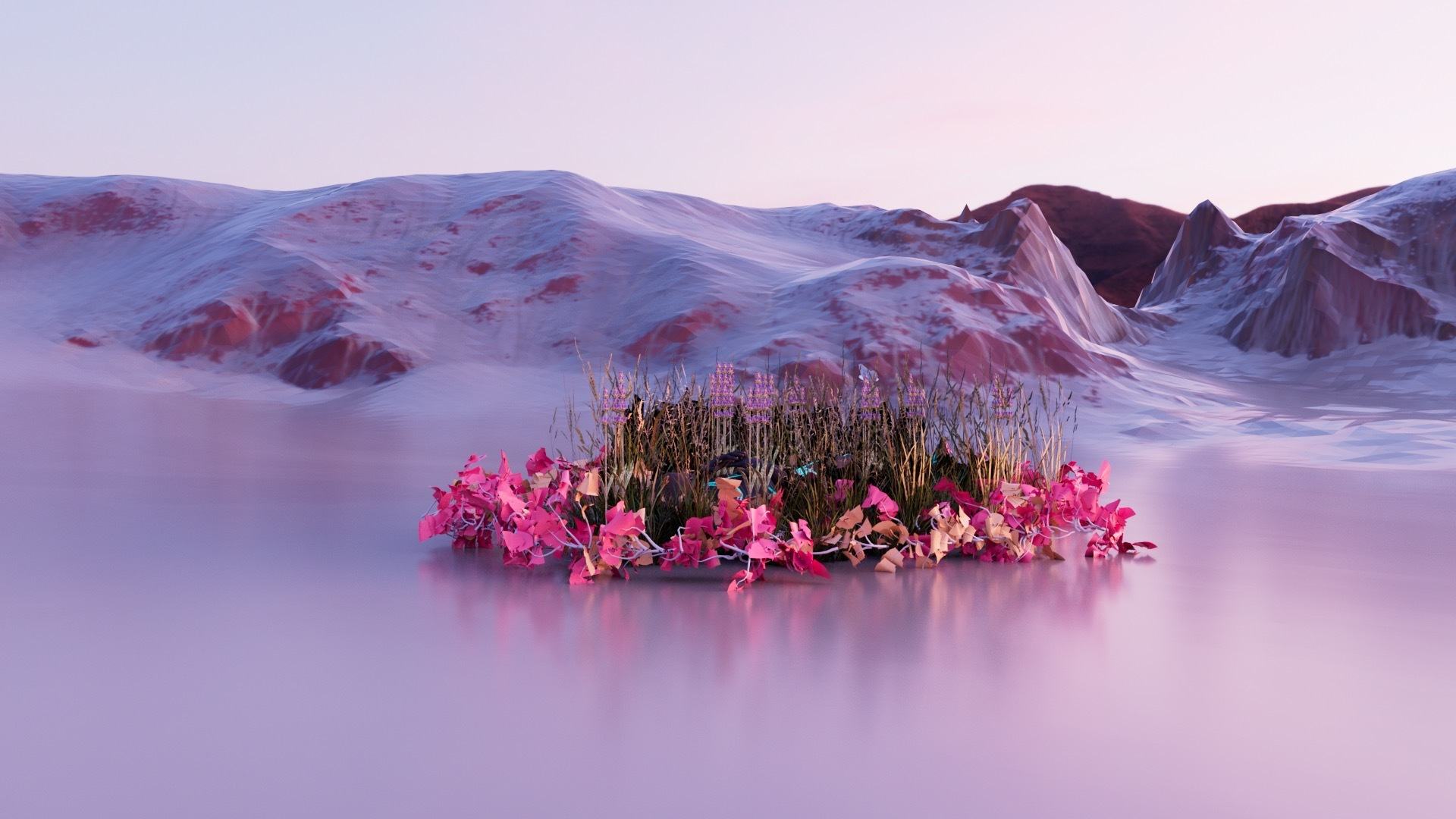
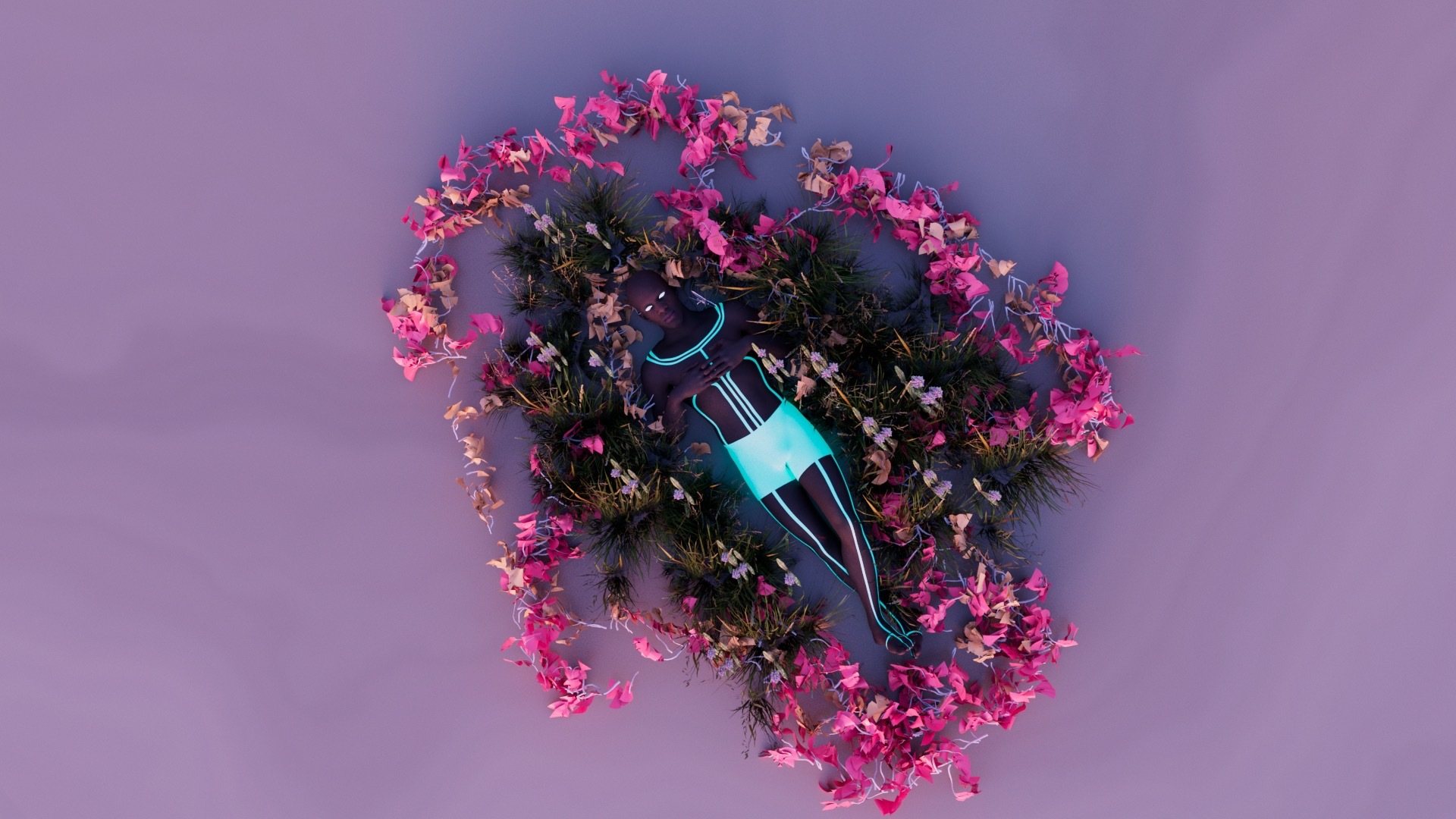
I find this statement so refreshing – and as someone who self-confessed “stays inside most of the time” – Oliver recognizes the true need we have for integrating our reliance, and origination, from nature alongside our species’ own acceleration and expansion.
Without giving too much away, Oliver’s latest work is yet to be released – but he does say it is an exhibition in Amsterdam, and a project that is used in partnership with AI.
“I am creating my renders through my usual process, except I then upload it through this AI tech and input a text with key-words. The AI then takes the text, combined with your images, and based off its programmed scope of information it re-produces a whole new artwork. It’s crazy shit. I am basically collaborating with a robot – like, it’s showing me my work through its own “eyes”. I can’t give much more away, but it’s so sick.”
We chat about ethical implications around this, which I think will be the basis of these conversations for decades to come. But, Oliver’s relaxed approach – and self-taught, determined skillset – exemplifies the possibilities that are here. Using YouTube videos and sheer will-power, Oliver is paving the way for a new generation of artists, who are fearless in their pursuit of how to harness the capabilities of humankind’s development in the 21st century.
What’s next for Oliver?
“I have mostly international clients because in South Africa, we have the talent but we don’t have the budget or infrastructure yet to nurture sustainable careers for 3D artists. I am super hopeful, because with the internet I can make a living – but I’d really love to see more of us in the country develop digital skill-sets, because with the type of artists we have here, merged with the programs I use? Unstoppable, man.”

